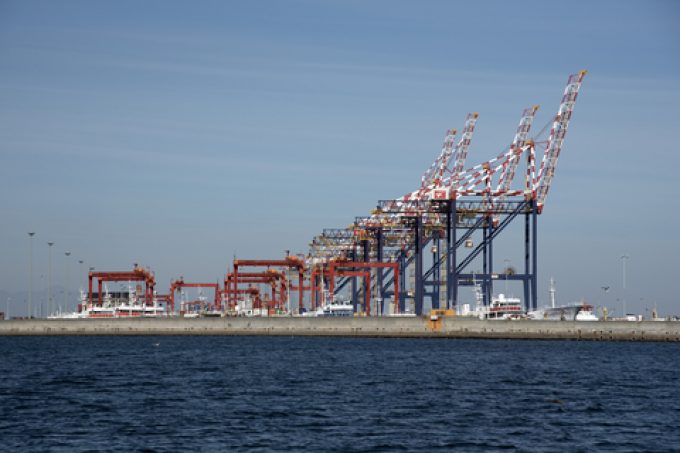Business calls for end to French port strikes, but unions plan more
French industry body the Mouvement des Entreprises de France (MEDEF) is demanding a swift end ...

Port delays in South Africa have more than doubled since the Transnet strike hit supply chains, with air cargo expected to take up some of the slack.
And there is no end in sight to these strikes, which involve some 50,000 staff across South Africa’s ports.
On Friday, dispute resolution body the Commission for the Conciliation, Meditation and Arbitration (CCMA) offered a proposal to both sides, but the unions rejected the reported 6% offer.
Last month, the South African Reserve Bank said headline ...
Outlook for container shipping 'more uncertain now than at the onset of Covid'
Teamsters union vows UPS will be 'in for a hell of a fight' over jobs cull
Shippers warned: don't under-value US exports to avoid tariffs – 'CBP will catch you'
Cancelled voyages take the sting out of spot rate declines this week
New Houthi warning to shipping as rebel group targets specific companies
K+N CEO unveils impact of US import tariffs on China-origin goods
Blanked sailings in response to falling demand 'just a stop-gap solution'
More pressure on transpacific rates as carriers bet on a China-US trade deal

Comment on this article